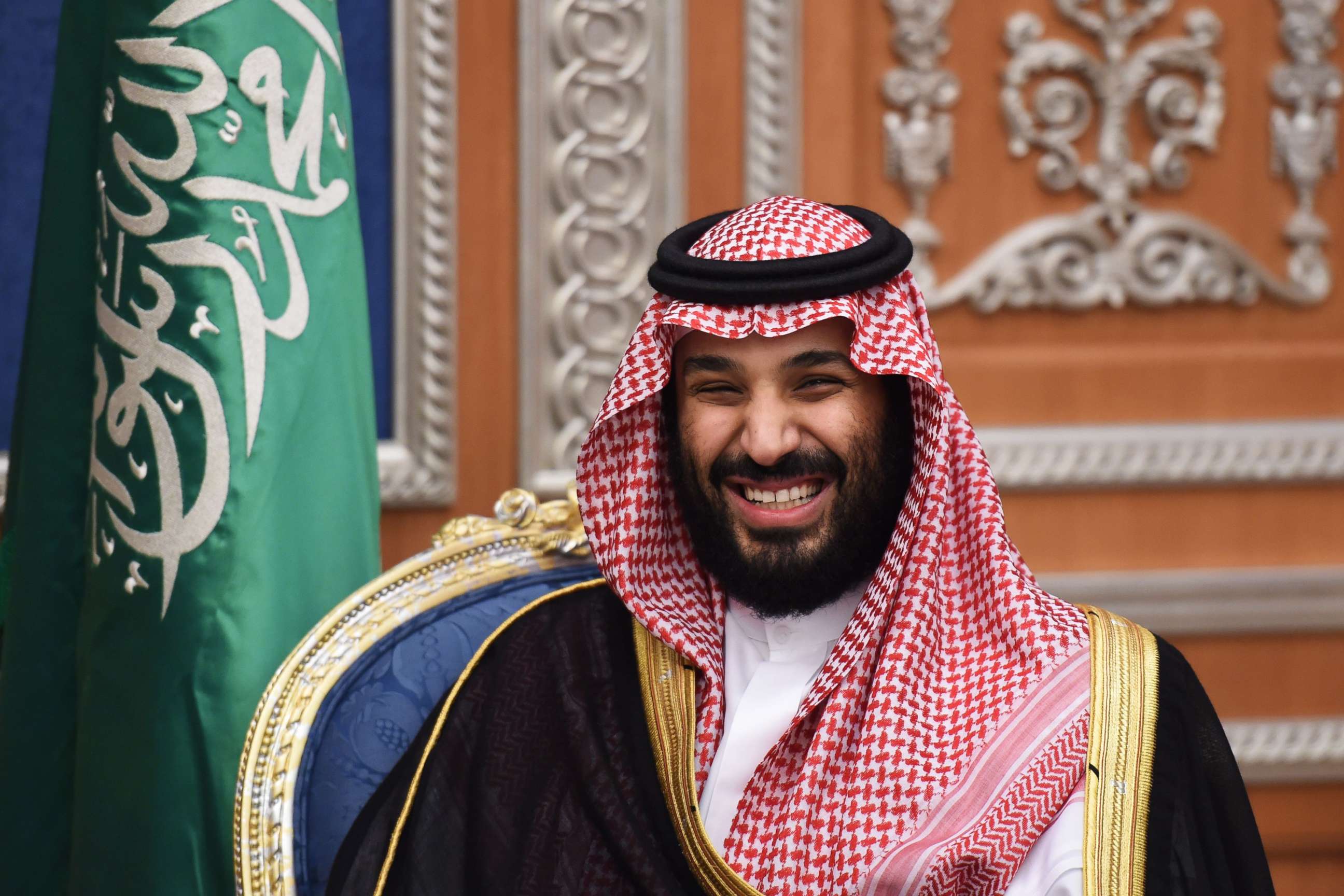Innuendo and speculation swirl around resignation of Lebanon's prime minister
Was the prime minister of Lebanon forced to step down?
LONDON -- The shocking announcement by Lebanon's prime minister earlier this month that he would step down, followed by a bizarre television interview he gave this week from his home in Riyadh, Saudi Arabia, have generated rumors and innuendo across the Middle East.
In an interview on Sunday with Future TV, a network connected to his political party, Lebanese Prime Minister Saad Hariri said he freely chose to leave his post.
Reactions to Hariri’s body language during the interview was closely dissected on social media and by reporters. It was widely discussed how tired and exhausted he seemed. The fact that his eyes kept diverting to a man standing in the back of the room who was briefly shown with a piece of paper in his hand was a sign to some that the interview had been controlled.
Hariri described his resignation as “positive shock” that would save his country from being a scene of war between Saudi Arabia and Iran, but insiders doubted the authenticity of his remarks.
Iranian media mostly repeated the claim that Saudi Arabia had arrested Hariri. Lebanese President Michel Aoun and the leader of Hezbollah, Hassan Nasrallah, have also accused Saudi Arabia of being behind Hariri’s unexpected resignation.
Iran's Ebtekar newspaper connected Saudi Arabia’s attempts to blame a recent missile attack in Riyadh by rebels in Yemen to Hariri’s resignation.

But regardless of the Iranian-Saudi regional challenges, another speculation behind Hariri’s arrest was whether it was related to the mass arrest of a group of influential Saudi figures that was ordered by Saudi Crown Prince Mohammed bin Salman. The official reason given for the arrests was eliminating corruption.
Over the last weekend, hundreds of influential Saudi figures, including 11 princes, ministers and former ministers , were arrested.
Among those arrested included Prince Alwaleed bin Talal, Minister of the National Guard Prince Miteb bin Abdullah and Khalid al-Tuwaijri, former chief of the Saudi royal court.
The government said the arrests stemmed from an anti-corruption probe launched by the crown prince and are part of reforms he had promised. Few analysts believe the official explanation to be valid, however.
President Trump was supportive of the mass arrests in Saudi Arabia, tweeting that he had “great confidence” in the crown prince and his father, King Salman. The president also claimed that some Saudi princes have been “milking” their country.
Trump and Saudi Prince Alwaleed bin Talal, one of the most famous and richest men to be arrested, have a history of attacking each other on social media.

Regarding the missile attack on Saudi Arabia, the White House condemned Iran in an official statement published on Wednesday, saying the United States stood with Saudi Arabia against the Yemeni rebels who were said to have launched the missile.
Iranian Foreign Minister Javad Zarif, on the other hand, accused the United States of starting a war in the region to sell more weapons to Saudi Arabia, referring to the billion-dollar weapon trade contract between the two countries after Trump’s first visit to the Middle East.




